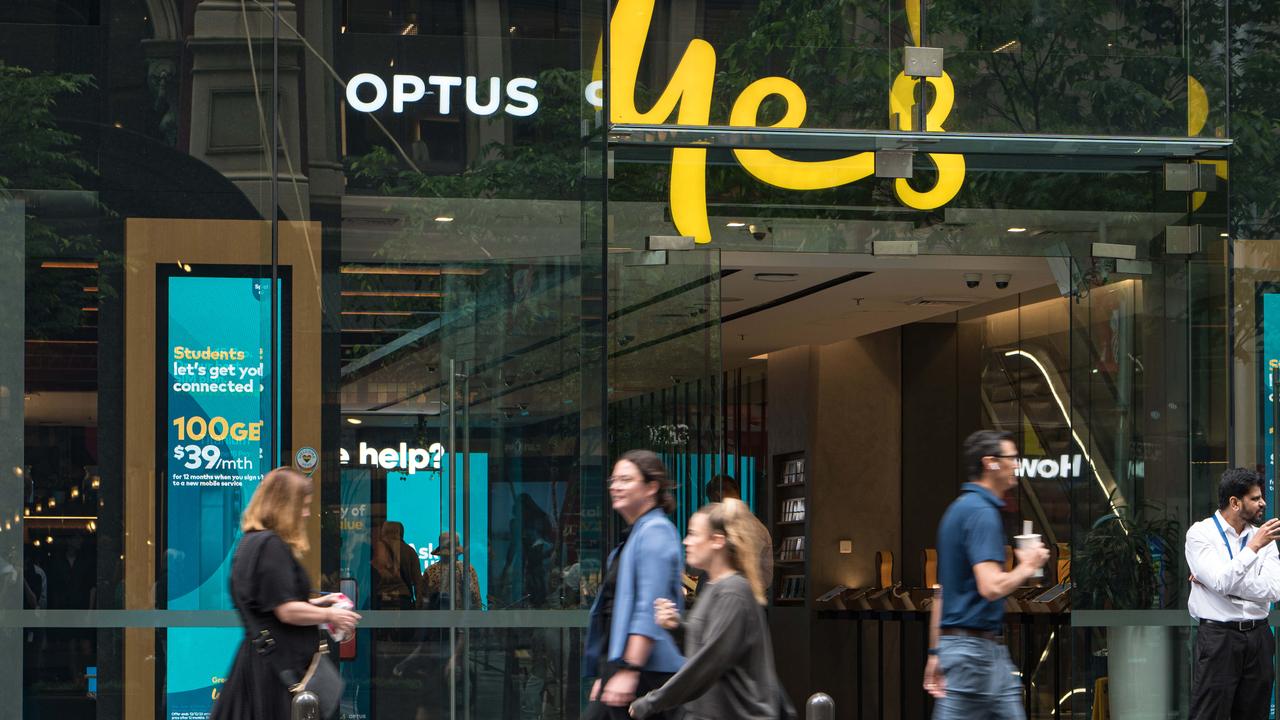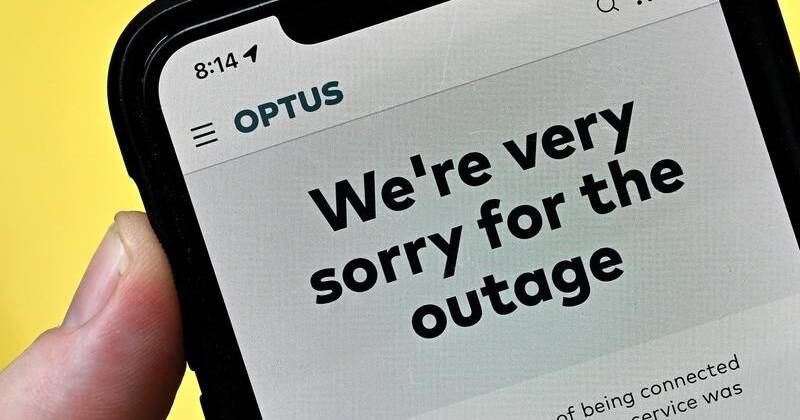Ms Bayer Rosmarin did do the single most important thing after a disaster: she apologised. But her calls appeared random and ad hoc, adding to an impression of confusion, when Optus could have gone on the front foot with an early statement saying that the telco had a problem in its data centres and assuring the public that triple zero calls were its priority.
Tin-eared response
Ms Bayer Rosmarin explained later that the outage cannot be “covered in a soundbite”, which might technically be true, but is also tin-eared in Optus’ treatment of the public interest in the matter. Late on Thursday, she pointed to “multiple layers” in the network event that triggered a “cascading failure”.
It would have been even better if the company’s initial response had included Communications Minister Michelle Rowland, given that the public looks to the government when essential infrastructure is involved. Any contact between them didn’t reassure the government. Instead, Ms Rowland, not given to grandstanding, called a press conference seven hours after the event to express her frustration and call for transparency.
Optus may have felt that there was too little useful information it could have added. It may have feared opening itself up to more legal exposure when ambulance-chasing class action lawyers are already working on the hacking case. But the searing experience of the hack, and the backlash against Qantas’ poor customer performance, should have told Optus that politicians and the public expect much more.
Both the government and Australian Communications and Media Authority will conduct reviews to see what the industry can learn. Ms Bayer Rosmarin says she would share any new information about the root cause “only if it is relevant”.
Optus has never made public its Deloitte review into the 2022 data breach. That is despite telling The Australian Financial Review Business Summit in March that hacks happen even to the best, most well-resourced companies, and implying that there were lessons the telco would share with its customers, other businesses, governments and regulators.
Ms Bayer Rosmarin fought her corner, telling the Summit that nobody suffered financial loss because of the hack, while admitting Optus’ communication could have been better. She will now face the “gotcha” politics of a Senate inquiry into the outage.
That will certainly lead to more demands for accountability from Optus, privately owned by Singapore-listed SingTel, based in a city-state famously intolerant of things that don’t work well.
More constructive questions would be whether there are enough safety buffers and redundancies built into telco technology, given that modern life now depends on digital connections. Electricity grids have been made more robust in recent years, though at considerable cost to consumers.
A recent ACCC report into the failure of triple calls during bushfires showed that it’s technically possible for phone services to switch to rival towers and hardware in emergencies. It should surely be possible to open up infrastructure like this, under the right commercial deals, when public safety and security is at stake.



